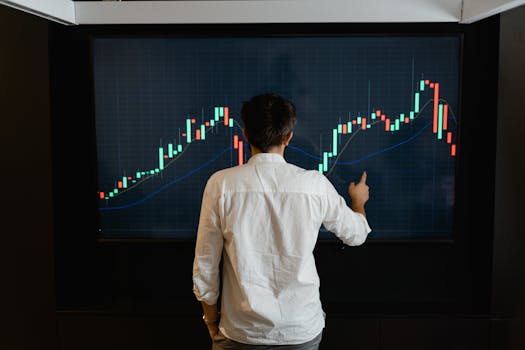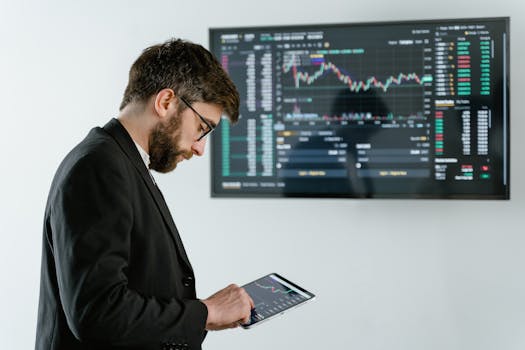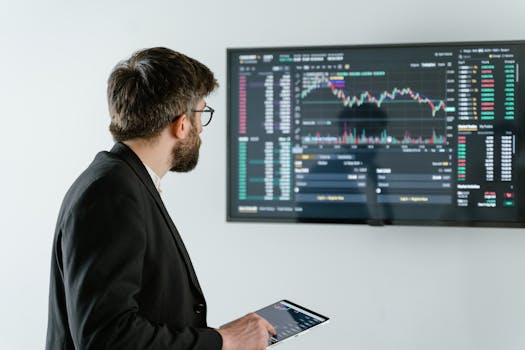
Technological Innovations Shaping 2025: Revolutionizing the Future
Technological innovations are transforming the world at an unprecedented pace, and 2025 is expected to be a landmark year for emerging technologies. From artificial intelligence to the Internet of Things, these innovations are revolutionizing the way we live, work, and interact with each other. In this article, we will explore the top technological innovations that are shaping 2025 and beyond.
Artificial Intelligence: The Future of Decision-Making

Artificial intelligence (AI) is one of the most significant technological innovations of our time. AI refers to the development of computer systems that can perform tasks that would typically require human intelligence, such as learning, problem-solving, and decision-making. In 2025, AI is expected to play a crucial role in various industries, including healthcare, finance, and transportation.
Applications of Artificial Intelligence

AI has numerous applications across various industries. For instance, in healthcare, AI can be used to diagnose diseases, develop personalized treatment plans, and improve patient outcomes. In finance, AI can be used to detect fraud, predict market trends, and optimize investment portfolios. In transportation, AI can be used to develop autonomous vehicles, optimize traffic flow, and improve road safety.
The Internet of Things: Connecting the World

The Internet of Things (IoT) refers to the network of physical devices, vehicles, and other items that are embedded with sensors, software, and connectivity, allowing them to collect and exchange data. In 2025, the IoT is expected to play a vital role in various industries, including manufacturing, logistics, and smart cities.
Applications of the Internet of Things

The IoT has numerous applications across various industries. For instance, in manufacturing, the IoT can be used to optimize production processes, predict maintenance needs, and improve product quality. In logistics, the IoT can be used to track shipments, optimize routes, and improve supply chain management. In smart cities, the IoT can be used to manage traffic flow, optimize energy consumption, and improve public safety.
Blockchain: The Future of Secure Transactions

Blockchain is a distributed ledger technology that enables secure, transparent, and tamper-proof transactions. In 2025, blockchain is expected to play a crucial role in various industries, including finance, healthcare, and supply chain management.
Applications of Blockchain

Blockchain has numerous applications across various industries. For instance, in finance, blockchain can be used to facilitate secure and transparent transactions, reduce the risk of fraud, and improve regulatory compliance. In healthcare, blockchain can be used to secure medical records, track prescriptions, and improve clinical trials. In supply chain management, blockchain can be used to track inventory, optimize logistics, and improve product authenticity.
5G Networks: The Future of Wireless Communication

5G networks refer to the fifth generation of wireless communication technologies. In 2025, 5G networks are expected to play a vital role in various industries, including telecommunications, entertainment, and education.
Applications of 5G Networks

5G networks have numerous applications across various industries. For instance, in telecommunications, 5G networks can be used to provide faster and more reliable internet connectivity, improve network capacity, and enable new services such as augmented and virtual reality. In entertainment, 5G networks can be used to stream high-quality video content, enable online gaming, and improve interactive experiences. In education, 5G networks can be used to provide remote access to educational resources, improve online learning, and enhance student engagement.
Conclusion

In conclusion, technological innovations are transforming the world at an unprecedented pace, and 2025 is expected to be a landmark year for emerging technologies. From artificial intelligence to the Internet of Things, blockchain, and 5G networks, these innovations are revolutionizing the way we live, work, and interact with each other. As we look to the future, it is essential to understand the impact of these technologies and how they can be harnessed to create a better world for all.





